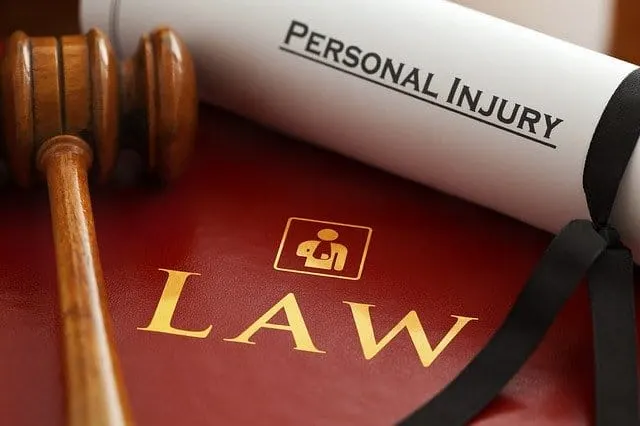
If you have to resolve a legal matter and you need a lawyer, then this article is great for you. We talk about how you can find the right attorney to represent you during a legal battle. Check it out!
Seek Referrals
Ask around among your friends, family, colleagues, and even acquaintances for attorney recommendations. Personal references are usually highly reliable. It helps if you know someone who’s experienced the same legal issues you have; their recommendations are likely to fit your needs.
That said, don’t make a decision based solely on a friend’s referral. The attorney’s personality and style may not be for everybody. Instead, do your research about him/her. Meet the lawyer, discuss your case, and decide based on your own experience.
If you already know a lawyer you trust, such as one from Interpol solicitors, even if they come from a different area of expertise, ask them. They may have colleagues or connections that can help your case.
Lawyers are in demand nowadays, so even if it is necessary to write a scientific paper on law, students turn to the writing experts when they custom law essay or look through sources on the internet.
Use Services and Online Directories
The internet offers an endless variety of services that help you find the best lawyers around. Online review and directory websites are extremely useful. They let you search and connect with lawyers in your area based on the type of legal case you have.
Most directories also offer comprehensive information about lawyers, including their experience, education, and fees. You can also learn about the lawyer’s general philosophy as they practice law. Moreover, such services also verify the lawyer’s licenses and ensure they have a good standing with their bar association.
You may also consider traditional lawyer referral services. They come in various forms and may specialize in referring certain types of lawyers. Many of them screen attorneys based on specific qualifications and experience. Others list any attorneys in good standing with the state bar and have liability insurance.
You may also consider these other sources:
- The director of your local chamber of commerce
- Nonprofit groups interested in the subject of your legal matter
- Support groups focused on topics related to your case
Prepare Your Questions
When you have sufficient confidence in the attorney/s you want to interview, start preparing questions. Some of the most common questions you should ask include:
- Do you offer a free consultation?
- How much does an interview cost?
- How long have you been in practice?
- Have you handled similar cases like mine?
- What does your current caseload look like right now?
Be observant of the ways the attorney answers these questions. Take note of how they answer, and if it’s an in-person interview, notice how their office or practice is run. You should feel comfortable with the person who’ll represent you and your interests.
More Important Considerations
The following are the bigger-picture considerations you should take into account when choosing a lawyer:
Competency
Choose a lawyer with a history of success in representing cases like yours. Verify their competency and expertise using:
- Results: find published examples and/or testimonials about the lawyer’s track record. Most law firms have such content on their websites. Take note of any particularly challenging cases they’ve handled that are similar to yours. This helps set your expectations correctly.
- State Bar: every licensed lawyer must be listed in their state’s bar association directory. If you’re in Toronto, you can check out the Ontario Bar Association website to find good lawyers.
Persistence
Some cases take a long time — months or years — to resolve. Evidence gathering and delays with courtroom schedules are two common reasons. Your chosen law firm and the lawyer should have the staying power to handle such cases. They should have the right resources, staff, and experience to manage your legal demands.
Costs
Lawyers use a variety of billing infrastructure. Some charge upfront retainers before legal representation start, while others work on a contingency basis. Research the most common types of cost structure you should expect when using a lawyer for your case.
Communication
Make sure your law firm has the bandwidth to consistently communicate with you through the entire lifespan of your case. Their legal team should be easy to reach and have impeccable collaboration skills.
Specifically, there should be multiple points of contact that you can talk to about your case. Paralegals, case managers, and associate attorneys should be able to communicate with you about your case when your main lawyer isn’t available.
- Sagittarius Man & Gemini Woman Love and Sex Compatibility - January 31, 2024
- Taurus Ascendant Rising Personality Traits in Men (Guide) - January 31, 2024
- How to Seduce and Attract a Sagittarius Man (Seduction Tips) - January 31, 2024
